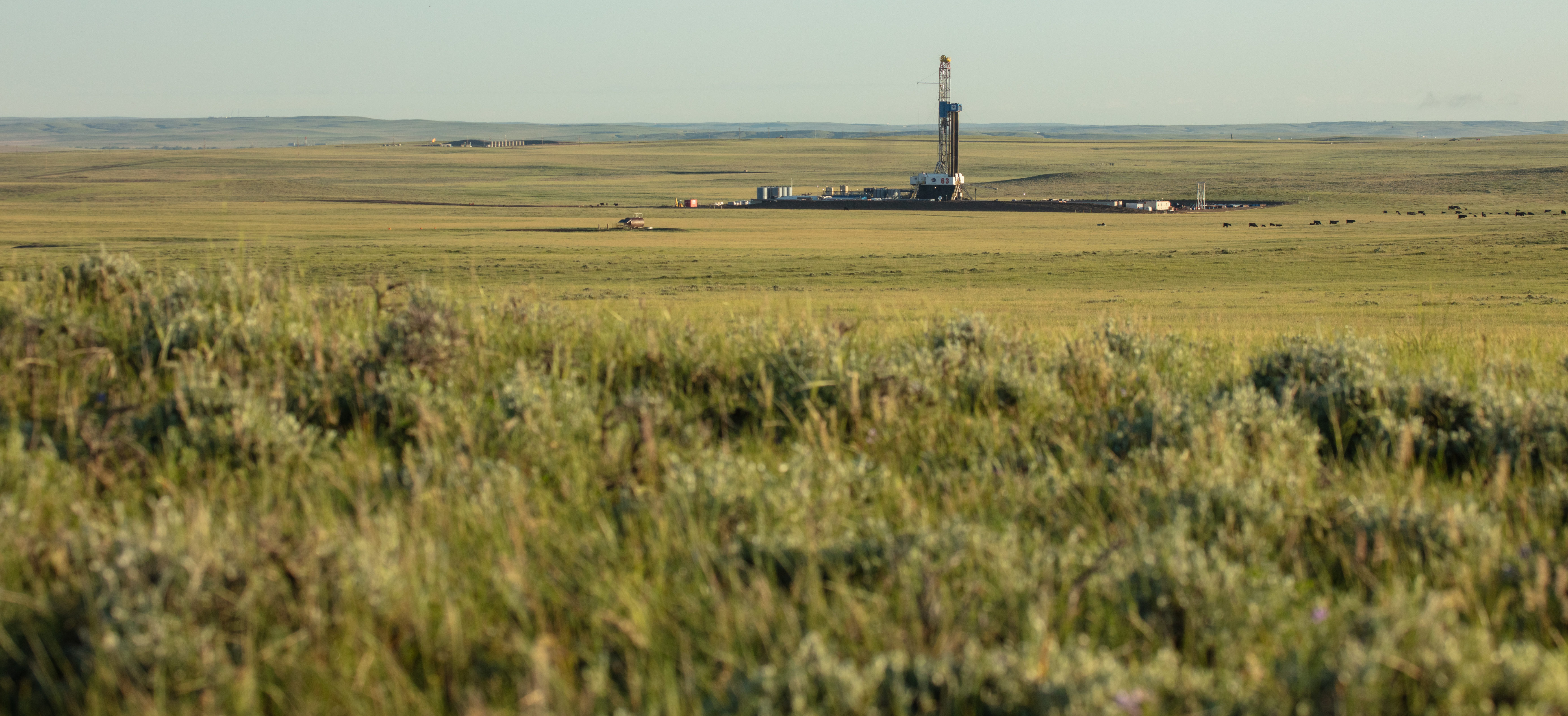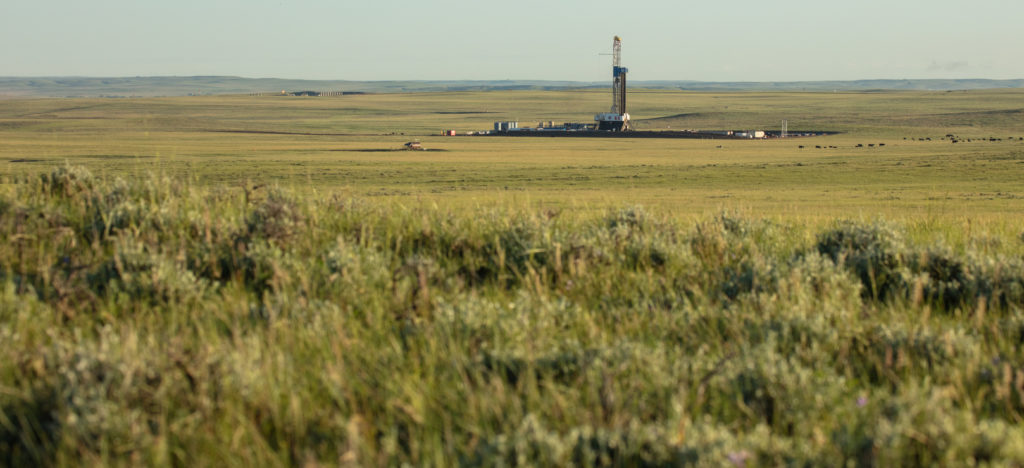New Analysis Shows Wyoming Among Hardest Hit States by Proposal to Ban Federal Land Leases
Ban Would Threaten 33,000 Wyoming Jobs, Millions in State Revenue
September 9, 2020
Casper, Wyo. – The Petroleum Association of Wyoming (PAW) and the American Petroleum Institute (API) today released a new analysis warning of negative consequences for Wyoming if a ban on federal leasing and public lands were to take effect. Wyoming, which accounts for 38 percent of federal onshore natural gas production and 16 percent of oil production, is projected to be among the states hardest hit, standing to lose more than 33,000 jobs and putting $640 million in state federal revenue sharing at risk.
“Given that nearly 50 percent of all lands in Wyoming are owned by the federal government, a ban on federal leasing and development would decimate the natural gas and oil industry and Wyoming’s economy along with it,” PAW President Pete Obermueller said. “This policy would damage both national security and environmental stewardship while devastating Wyoming’s middle class, local communities and public school system.”
“Banning federal leasing and development on federal lands and waters would derail decades of U.S. energy progress and return us to the days of relying on foreign energy sources hostile to American interests,” API President and CEO Mike Sommers said. “This is ultimately a choice between American-made energy and foreign energy, a choice between American jobs and foreign jobs. It’s clear a federal leasing ban should be off the table – there’s far too much at stake for American workers, local economies and our nation’s energy security.”
The analysis, prepared by OnLocation and commissioned by API, used the same software the U.S. Energy Information Administration (EIA) uses to produce their Annual Energy Outlook. Key projections include:
- The impact of a federal leasing ban in Wyoming would be devastating:
- Oil production would decrease by 31 percent and natural gas production would decrease by 36 percent.
- Over 33,000 jobs would be lost, accounting for over 8 percent of the total jobs in the state.
- $641 million in state revenue would be at risk.
- America’s energy security would be at risk:
- By 2030, offshore production for natural gas would decrease by 68 percent and for oil by 44 percent.
- U.S. oil imports from foreign sources would increase by 2 million barrels a day.
- Through 2030, the U.S. would spend $500 billion more on energy from foreign suppliers.
- The U.S. economy would take a hit:
- U.S. GDP would decline by a cumulative $700 billion through 2030.
- Over $9 billion in government revenue, including funding for state education and conservation programs, would be at risk.
- Nearly one million jobs would be lost by 2022, with top production-states suffering significant losses.
Click here for more information on the analysis. Click here for more information on federal leasing.
About PAW: Representing Wyoming’s primary economic engine, the Petroleum Association of Wyoming, is the voice of the oil and gas industry. Our members produce 90 percent of Wyoming’s oil and gas, generating over $5 billion in economic activity and employing more than 19,000 of Wyoming’s hard-working men and women. PAW strives to foster mutually beneficial relationships with Wyoming’s landowners, businesses, and communities while promoting the sustainable production of Wyoming’s abundant resources.
The Petroleum Association of Wyoming provides a forum for education, interaction, and unified action for members, policymakers, and the public.
API represents all segments of America’s oil and natural gas industry. Our more than 600 members produce, process and distribute most of the nation’s energy. The industry supports more than ten million U.S. jobs and is backed by a growing grassroots movement of millions of Americans. API was formed in 1919 as a standards-setting organization. In our first 100 years, API has developed more than 700 standards to enhance operational and environmental safety, efficiency and sustainability.
To learn more about API and the value of oil and natural gas, please visit API.org.

